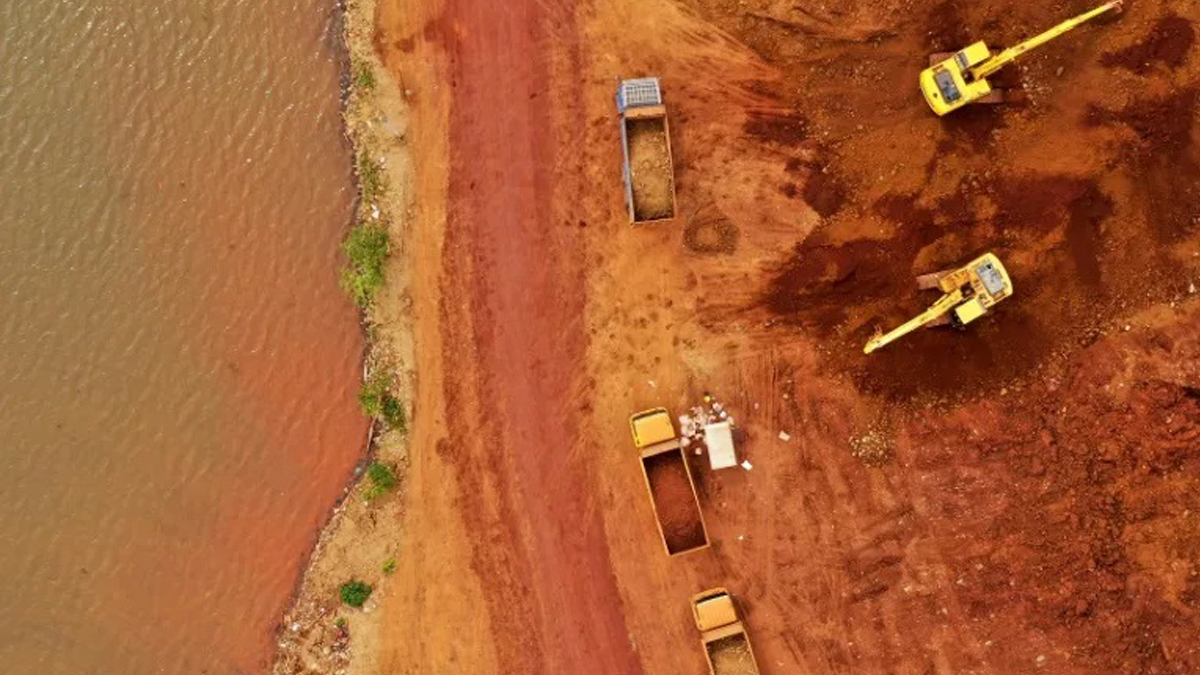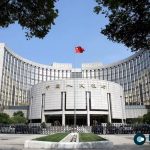
German Environment Agency Investigates Fraudulent Climate Projects in China
The German Environment Agency (UBA) has launched a thorough investigation into its upstream emission reduction (UER) certificate program after uncovering fraudulent activity in 45 climate projects in China. The UBA announced the findings during a recent online press conference, revealing that it had reversed the issuance of certificates to these suspicious projects.
According to UBA President Dirk Messner, the investigation initially reviewed 56 climate projects in China, of which 45 were found to be fraudulent. These UER certificates were intended to offset approximately 6 million tons of carbon dioxide emissions, with an estimated market value of €1.5 billion ($1.7 billion).
A UBA spokesperson confirmed that the agency is confident it can recover some of the funds paid out for these fraudulent projects but did not specify the exact amount. The agency discovered a “shadow system” behind the false projects, which relied on fabricated data, including fake images, to secure certification.
The UER certificates are part of a European Union (EU) system requiring fossil fuel companies to cut emissions before fuels reach refineries or storage facilities. Companies can meet these requirements through various measures, including obtaining UER certificates, which show they have reduced carbon emissions.
The UBA has now identified 75 UER projects worldwide, 66 of which are in China. Earlier reports revealed inconsistencies in some of these projects, with locations listed as deserts on Google Maps and audits conducted by a single inspector from a German environmental auditing company. Some reports lacked visual proof of project installations.
To address the fraudulent activities, the UBA is proposing several changes, including rotating auditors to prevent any one person from overseeing the same projects and utilizing high-resolution satellite imagery for better oversight. German Environment Minister Steffi Lemke highlighted China’s vast geography and restricted data flows as contributing factors to the fraud.
The investigation has also led to legal action. Berlin prosecutors are currently investigating 17 people, including managing directors and employees of test centers, suspected of participating in the fraudulent verification of UER projects.
The UER scandal is expected to influence the development of the EU’s carbon border adjustment mechanism (CBAM), which imposes tariffs on carbon-intensive products like steel and cement imported into the EU. The CBAM aims to prevent competitive advantages gained through fraudulent practices, but experts believe it will be less vulnerable to exploitation than the UER system.
In addition to the CBAM, the scandal raises concerns about Germany’s supply chain law, which requires companies to identify and mitigate human rights and environmental risks. A similar EU law is set to take effect in 2026, and the UBA investigation may highlight the challenges companies face in ensuring compliance with these regulations, particularly when sourcing from countries like China.
As the UBA continues its internal investigation and cooperates with Chinese authorities, the outcome of this case could have wide-reaching implications for the future of emission trading systems and global climate accountability.













Comments